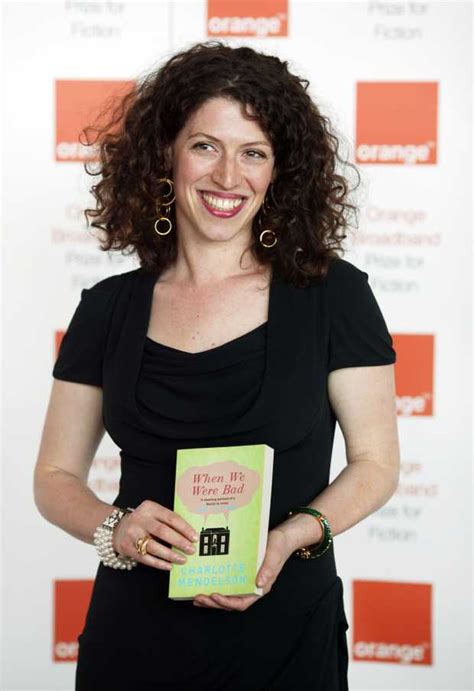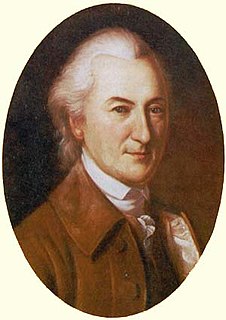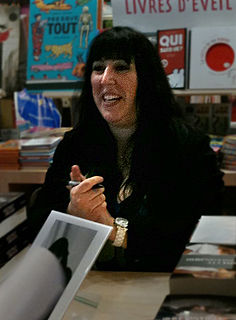A Quote by Gail Caldwell
The Hours is in fact a lovely triumph. Cunningham honors both Mrs. Dalloway and its creator with unerring sensitivity, thanks to his modesty of intention and his sovereignly affecting prose.... With his elliptical evocation of Mrs. Dalloway, he has managed to pay great but quiet tribute -- reminding us of the gorgeous, ferocious beauty of what endures.
Related Quotes
God has sovereignly pulled back the curtain on His glory. He has disclosed Himself on the platform of both creation and redemption that we might stand awestruck in His presence, beholding the sweet symmetry of His attributes, pondering the unfathomable depths of His greatness, baffled by the wisdom of His deeds and the limitless extent of His goodness. This is His beauty.
At Princeton I wrote my junior paper on Virginia Woolf, and for my senior thesis I wrote on Samuel Beckett. I wrote some about "Between the Acts" and "Mrs. Dalloway'' but mostly about "To the Lighthouse." With Beckett I focused, perversely, on his novels, "Molloy," "Malone Dies," and "The Unnamable." That's when I decided I should never write again.
Whether it's Mrs Dalloway's lost love or Thérèse Raquin's burgeoning horror, The Paying Guests reminds us of every great novel we've gasped or winced at, or loudly urged the protagonists through, and it does not relent. . . . The Paying Guests is the apotheosis of [Waters'] talent; at least for now. I have tried and failed to find a single negative thing to say about it. Her next will probably be even better. Until then, read it, Flaubert, Zola, and weep.
Finally, this is one way to reconcile the delight in beauty with the bourgeois life. Aschenbach, on one reading, has spent virtually all of his adult life balancing his restrained homosexuality, which is bound together with his sensitivity to beauty and thus with his artistic vocation, against the demands of conventional society.
During terms, Professor Marsden lives in Cambridge with his wife, chess player
extraordinaire and distinguished physician and surgeon Bryony Asquith Marsden. His
favorite time of day is half past six in the evening, when he meets Mrs. Marsden's train at the
station, as the latter returns from her day in London. On Sunday afternoons, rain or shine,
Professor and Mrs. Marsden take a walk along The Backs, and treasure growing old
together.
Rendering thanks to my Creator for my existence and station among His works, for my birth in a country enlightened by the Gospel and enjoying freedom, and for all His other kindnesses, to Him I resign myself, humbly confiding in His goodness and in His mercy through Jesus Christ for the events of eternity.
A few hours after the news broke about the death of crime writer Donald E. Westlake, a newspaper asked me to write a tribute. In short order I did so, calling attention to his decades-long career, both under his own name and that of his primary alter ego, Richard Stark, who introduced the unsentimental antihero-heister Parker to the literary canon.
Sir," returned Mrs. Sparsit, " I cannot say that i have heard him precisely snore, and therefore must not make that statement. But on winter evenings, when he has fallen asleep at his table, I have heard him, what I should prefer to describe as partially choke. I have heard him on such occasions produce sounds of a nature similar to what may be heard in dutch clocks. Not," said Mrs. Sparsit, with a lofty sense of giving strict evidence, " That I would convey any imputation on his moral character. Far from it.



































